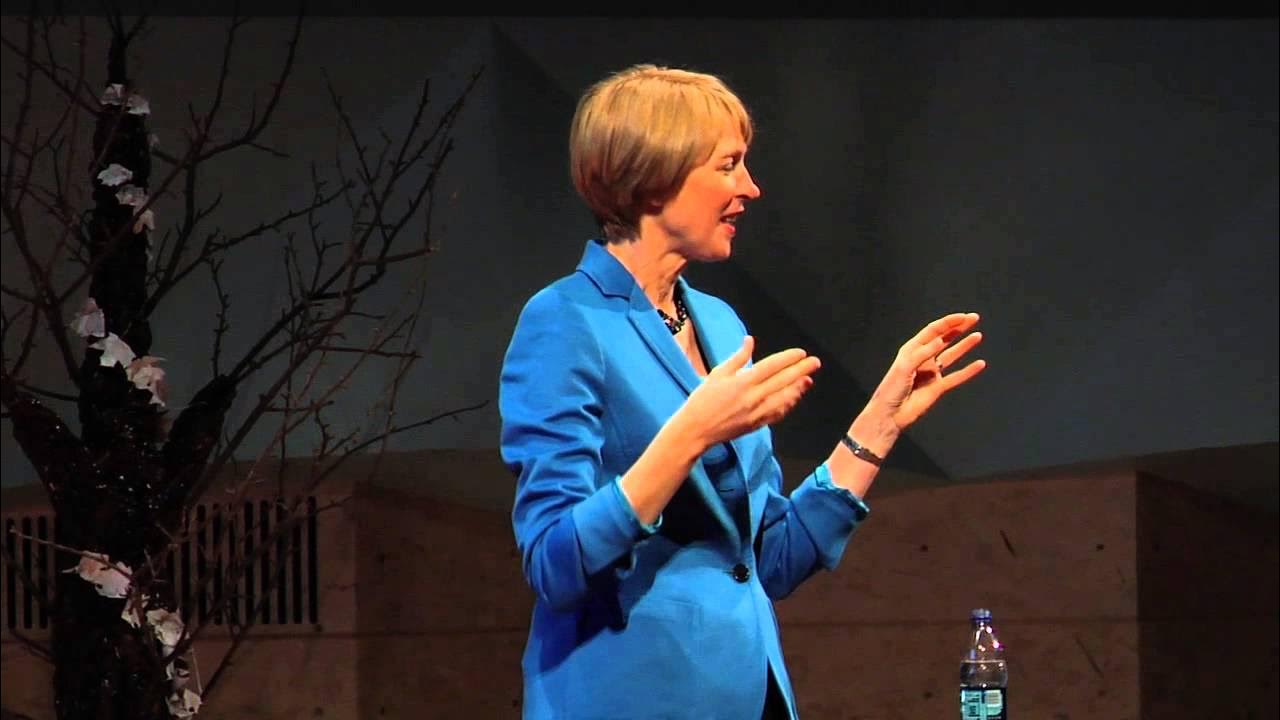Art and Empathy
Summary
TLDRThis video explores the profound connection between art and empathy, tracing the evolution of the term 'empathy' from its origins to its current understanding. Through historical and contemporary examples, including Goya's poignant paintings, the Röttgen Pietà, and modern photography, the video illustrates how art evokes deep emotional responses and fosters understanding across time and cultures. It highlights the role of artists in bridging gaps between different experiences, emphasizing the transformative power of art to inspire compassion and provoke thoughtful engagement with the suffering and joys of others. Ultimately, it calls for a deeper exploration of how art shapes our empathic responses.
Takeaways
- 😀 Empathy is the ability to understand and share the feelings of others, and art plays a significant role in stimulating this connection.
- 😀 The term 'empathy' originated from the German word 'Einfühlung' in the early 1900s, evolving from projecting feelings onto objects to absorbing feelings from others.
- 😀 Religious artworks, such as the Röttgen Pietà, humanize biblical figures to evoke deep emotional connections and empathy for their suffering.
- 😀 The Buddhist figure Jizō embodies compassion and serves as a model for empathetic behavior among its followers, illustrating a pathway to enlightenment.
- 😀 Guáman Poma’s manuscript documents the suffering of indigenous Peruvians under Spanish colonization, urging empathy from those in power.
- 😀 Photography has a powerful ability to evoke empathy, exemplified by Dorothea Lange’s 'Migrant Mother,' which captured the hardships of the Great Depression.
- 😀 Artists like Alfredo Jaar challenge the limits of photography by using absence and minimalism to provoke reflection and empathy about suffering.
- 😀 Memorials, such as the Vietnam Veterans Memorial, create spaces for mourning and connection, emphasizing the individual lives affected by war.
- 😀 Contemporary initiatives like Ghana ThinkTank facilitate empathy across cultural divides by addressing societal issues through collaborative problem-solving.
- 😀 Engaging with art requires a level of empathy, as it invites viewers to explore the emotions and motivations behind the artwork, enhancing understanding of diverse human experiences.
Q & A
What is the primary focus of the video?
-The video focuses on the relationship between art and empathy, exploring how art evokes emotional connections and understanding between individuals.
How does the video define empathy in relation to art?
-Empathy is described as the ability to understand and share the feelings of another, which art can effectively stimulate by allowing viewers to connect with the experiences of its subjects.
What artwork is used as a key example at the beginning of the video?
-Francisco Goya's 'The Third of May 1808' is used as a key example, illustrating how the painting evokes feelings of desperation and empathy for its main subject.
What historical context is provided regarding the term 'empathy'?
-The term 'empathy' originated in the early 1900s as a translation of the German word 'Einfühlung,' which referred to projecting one’s feelings onto an object, contrasting with today's understanding of taking in others' feelings.
What is significant about the Röttgen Pietà?
-The Röttgen Pietà is significant for its emphasis on the humanity of Mary and Jesus, depicting their suffering in a way that invites viewers to empathize deeply with their emotional pain.
How does Jizō embody empathy in Buddhist tradition?
-Jizō is a bodhisattva symbolizing compassion and is portrayed as a humble monk, representing the idea of postponing one's own enlightenment to help others achieve it.
What role did Guáman Poma's manuscript play in expressing indigenous suffering?
-Guáman Poma's manuscript, 'The First New Chronicle and Good Government,' documents the suffering of indigenous Peruvians under Spanish colonization, combining historical accounts and illustrations to evoke empathy for their plight.
What impact did Dorothea Lange's 'Migrant Mother' have?
-Dorothea Lange's 'Migrant Mother' captured the struggles of migrant workers during the Great Depression, inspiring public compassion and financial support for affected families.
What was the unique approach of Alfredo Jaar's Rwanda Project?
-Alfredo Jaar's Rwanda Project uniquely refrained from displaying photographs of the genocide, instead using a configuration of closed boxes with descriptions, prompting viewers to consider the limits of photography in evoking empathy.
How does the Vietnam Veterans Memorial differ from traditional monuments?
-The Vietnam Veterans Memorial, designed by Maya Lin, is an abstract work that allows for personal reflection and connection, with its reflective surface enabling visitors to see themselves alongside the names inscribed, creating a space for mourning and empathy.
What is the mission of Ghana ThinkTank?
-Ghana ThinkTank aims to invert traditional power dynamics by gathering challenges from the developed world and sending them to think tanks in the developing world, fostering cross-cultural empathy and solutions.
Outlines

This section is available to paid users only. Please upgrade to access this part.
Upgrade NowMindmap

This section is available to paid users only. Please upgrade to access this part.
Upgrade NowKeywords

This section is available to paid users only. Please upgrade to access this part.
Upgrade NowHighlights

This section is available to paid users only. Please upgrade to access this part.
Upgrade NowTranscripts

This section is available to paid users only. Please upgrade to access this part.
Upgrade NowBrowse More Related Video

The power of empathy: Helen Riess at TEDxMiddlebury

Story of Buddhism Film 5, Stupas of the Krishna Valley by Benoy K Behl

Mad History Episode 1: The History of Mental Health Care

Benarkah Dahulu Puasa Ramadan Berlangsung 24 Jam? | Inilah Sejarah Puasa Ramadan

Short History of Dance - prehistory and ancient times

Empathy vs Sympathy: The difference between empathy and sympathy
5.0 / 5 (0 votes)